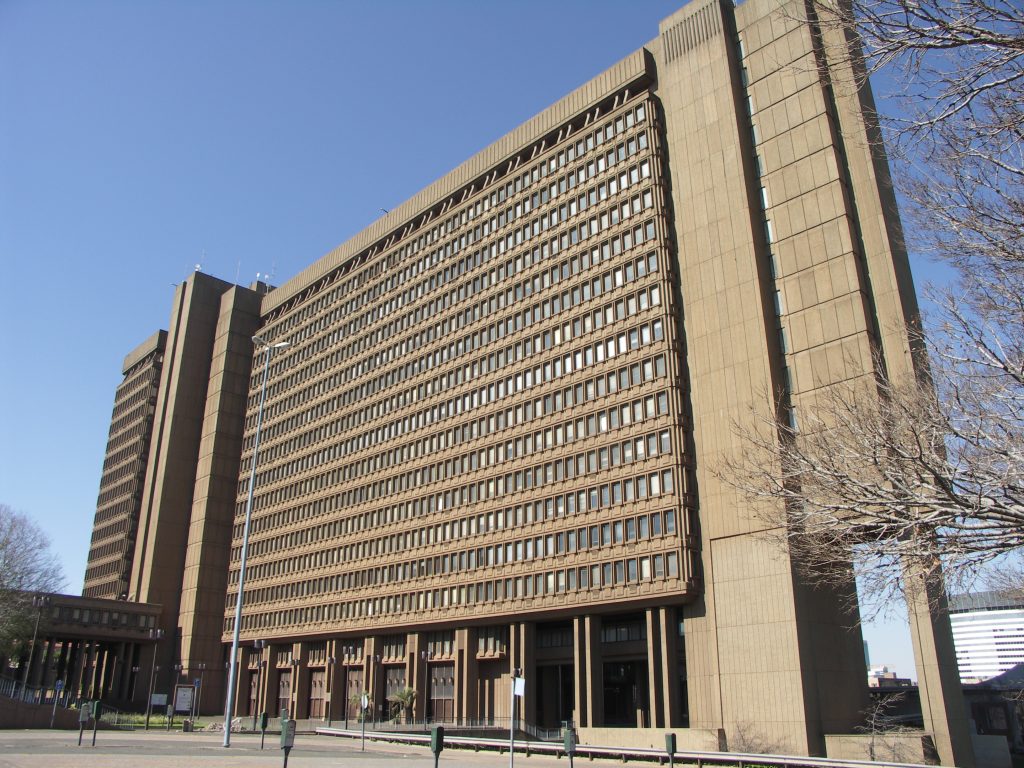The City of Johannesburg is under scrutiny as it pushes forward with a controversial plan to spend a staggering R3.4 billion on property leases and the renovation of the Metro Centre, sparking accusations of financial mismanagement and favoritism.
In a city grappling with financial turmoil and a rising homelessness crisis, the decision to allocate R1.4 billion to high-cost property leases and an additional R2 billion (projected to rise to R12 billion) for the renovation of the Metro Centre has raised eyebrows. Critics argue that such extravagant spending is unjustifiable in a near-bankrupt city where basic services are compromised.
Whistleblowers within the Johannesburg Property Company (JPC) have alleged that a significant portion of the leases is being directed to ANC property mogul Lonwabo Sambudla, a figure with close ties to the ruling party. Sambudla, a former CEO of the ANC Youth League’s Lembede Investments, has denied any preferential treatment, stating that his company, Bayete Capital, followed standard tendering procedures.
The controversy deepens as allegations emerge that ANC members hold influential positions within the JPC, further fueling suspicions of cronyism. Enos Sithole, an ANC Soweto branch chairperson, chairs the JPC board, as reported by the Sunday Times in September.
City manager Floyd Brink has reportedly approved the property plan, subject to public participation, city oversight, periodic reviews, and a safety net for the city in case of risks incurred by the JPC.
The renovation of the Metro Centre, which suffered a fire in September, is projected to cost between R800 million and R2 billion in the short term, with a more extensive plan budgeted at an additional R12 billion plus construction costs.
The Johannesburg Crisis Alliance, a coalition of civil society organizations, has highlighted the dire financial state of the city, urging urgent intervention to prevent further disinvestment and social unrest.
In response to allegations of irregularities, the JPC spokesperson, Lucky Sindane, confirmed that a query from the National Treasury had been received, but insisted that no leases had been concluded. The city council’s ability to enter leases longer than three years without consulting the National Treasury has come under scrutiny.
Amid concerns about the city’s financial collapse and service chaos, critics question the priorities reflected in the R3.4 billion spending plan, emphasizing the need for transparency, accountability, and responsible financial management. As tensions escalate, the property plan is seen as a potential flashpoint in the broader challenges facing Johannesburg.
